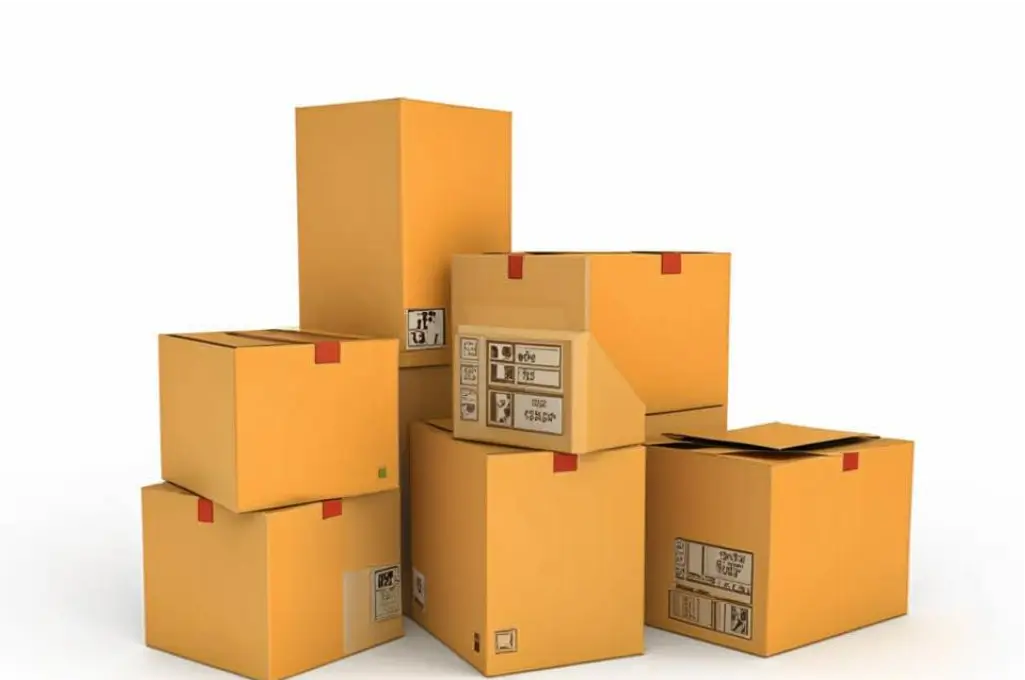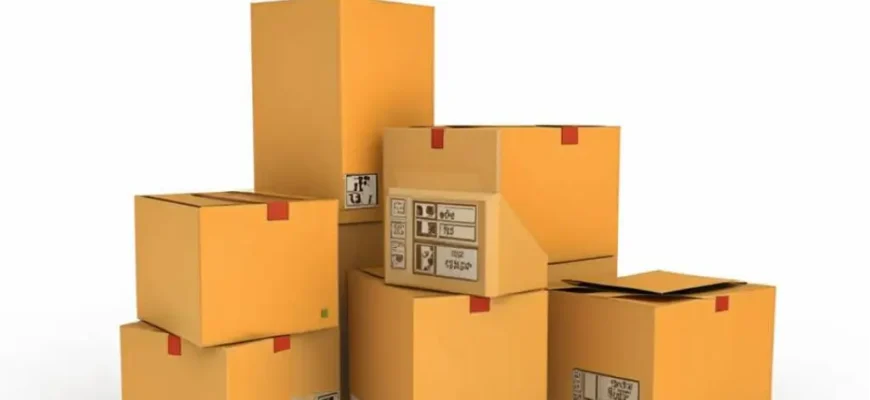There is nothing like moving to a new state—just picture yourself with all these possibilities: joining new clubs, meeting new people, learning about the place, and going on adventures. However, before you start going out or finding a restaurant that serves your favorite cuisine, there are some crucial tasks that need to be taken care of to ensure you have a pleasant experience in your new place. This article outlines a few steps that will guide you on what to do after moving to a new state.

- Change Your Address
- Get Your Driver’s License and Vehicle Registration Changed
- Register to Vote
- Find New Healthcare Providers
- Alter Your Utility Arrangements and Home Services
- Check Your Taxes
- Learn the Laws of Your New State
- Get Acquainted with Your New Surroundings
- If Necessary, Change Your Residency
- Set Up Your New Place
- Conclusion
Change Your Address
After moving, one of the first things you should do is change your address. There are several institutions that must be informed of this change:
- US Postal Service (USPS): Redirect your mail by asking USPS to change your address either online or at a local branch.
- Banks and credit card companies: Notify your bank, credit card companies, and other financial institutions of any changes.
- Subscription services: For online shopping, update your address with magazines and other delivery services you frequently subscribe to.
- Friends and family: Inform friends, family, and acquaintances about your new place.
Get Your Driver’s License and Vehicle Registration Changed
Moving your entire life into a new area means getting used to new people and places. However, one important task is updating your driver’s license and vehicle registration. Always ask your local Department of Motor Vehicles (DMV) about the timeline for these updates.
- Apply for a new driver’s license: Visit the DMV with your old driver’s license, proof of new residency, and other identification.
- Register your vehicle: Change your vehicle registration and, if necessary, get new number plates.
- Transfer your car insurance: Transportation expenses may differ across states, so reach out to your current insurance company to revise your coverage.
Register to Vote
To participate in government elections in your new state, you need to register at your new address. Visit your state’s voter registration website or go to a local government office to complete the process. If you moved close to an election, be sure to check deadlines for voter registration.
Find New Healthcare Providers
Healthcare providers are essential professionals to find after moving. Follow these recommendations:
- Adjust your medical coverage: Confirm that your health insurance plan works in your new state or switch to a different plan if needed.
- Find new doctors: Search for a new primary care doctor, dentist, or any specialists you may need.
Alter Your Utility Arrangements and Home Services
After relocating, ensure that all your utilities and home services are activated and transferred to your name:
- Electricity, gas, and water: Make sure these services are turned on and billed to your new address.
- Internet and cable: Set up or transfer internet and cable services to your new home.
- Sanitation and recycling services: Contact local waste management for regular trash and recycling pickups.
Check Your Taxes
Tax responsibilities may change when moving to a new state:
- State income taxes: Research your new state’s tax laws to determine how moving will affect your taxes. Consult a tax advisor if necessary.
- Part-year resident tax returns: In some cases, you may need to file part-year tax returns in both your old and new states for the year of your move.
Learn the Laws of Your New State
Each state has its own laws, and familiarizing yourself with them is crucial:
- Driving regulations: Understand local traffic laws, such as speed limits and parking restrictions.
- Tenant rights: If renting, review your new state’s landlord-tenant laws to understand your rights and obligations.
Get Acquainted with Your New Surroundings
Familiarizing yourself with your new area will help you settle in faster:
- Explore the local culture: Visit parks, museums, and other recreational spots in your area.
- Meet your neighbors: Introduce yourself to your neighbors and make new friends in your community.
- Locate essential services: Find the nearest grocery stores, pharmacies, and healthcare centers.
- Join community groups: Look for local activities, social clubs, or interest groups to meet new people.
If Necessary, Change Your Residency
Sometimes, you may need to establish legal residency in your new state, especially in states with varying tax laws or tuition requirements. To establish residency:
- Update your driver’s license and voter registration
- Open bank accounts in your new state
- Live in the state for a set period (usually six months)
Set Up Your New Place
To fully settle into your new home, organize and personalize your space:
- Unpack essentials first: Focus on unpacking the kitchen, bathroom, and bedroom essentials to make your home functional quickly.
- Decorate your home: Add artwork, photos, and décor to turn your new house into a comfortable home.
- Set up home security: If you don’t already have a security system, now might be the time to install one for peace of mind.
Conclusion
Settling into a new state involves many tasks, but completing them in an organized manner will make the process smoother. From updating your driver’s license to getting to know your new neighborhood, the tips outlined here will help you transition to your new home efficiently.



